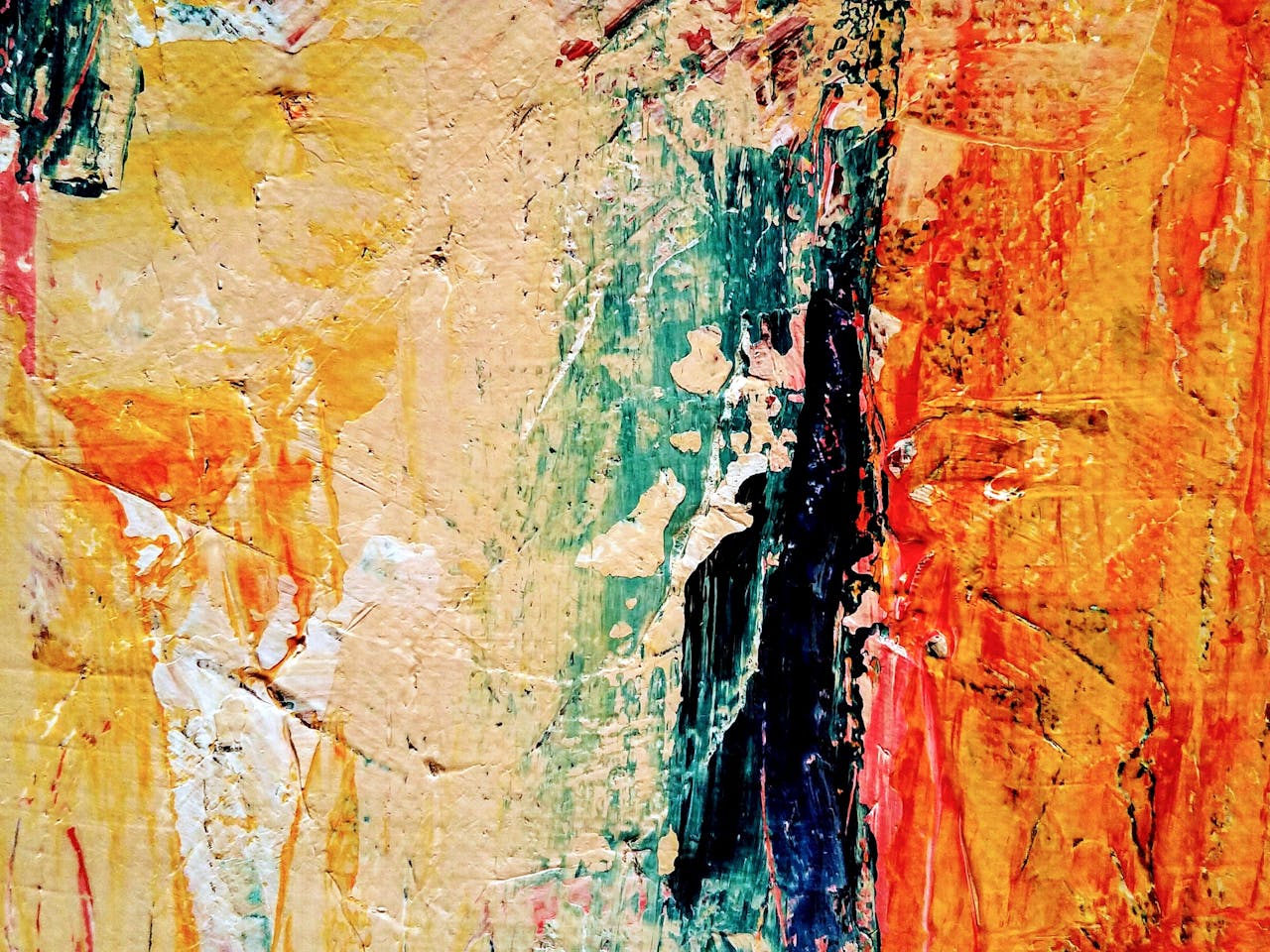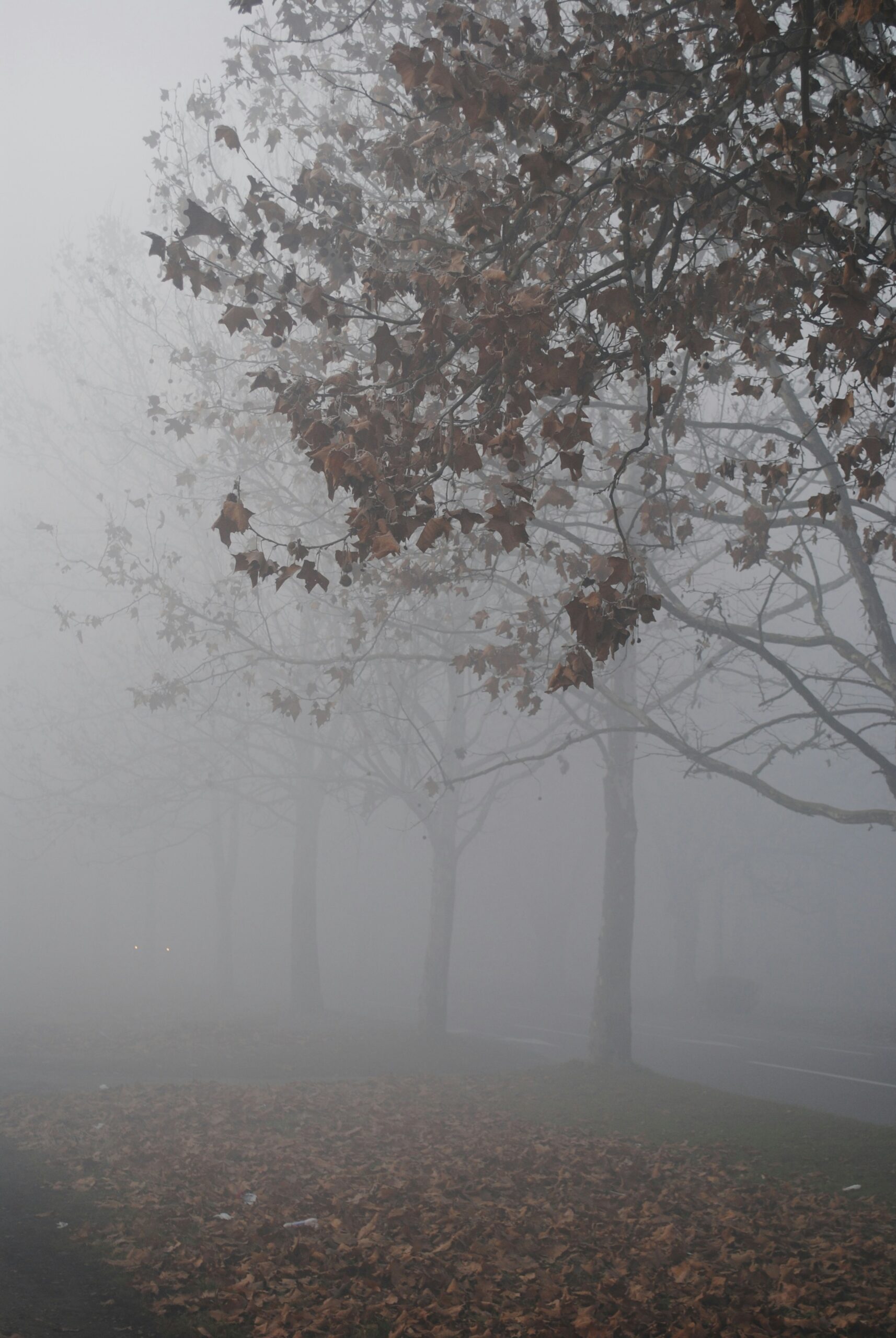It has been three years since the publication of Kabura Zakama’s Chant of the Angry by Kairos Production, and the underlying socio-political realities that gave rise to this evocative collection of poems have not declined. They have worsened under the current administration with no respite in sight. The economic policies introduced by the Buhari administration set the agenda for the current hardship under President Bola Ahmed Tinubu whose ambitious economic revival policies and removal of fuel subsidy have plunged the country into deeper strife. The End Bad Governance protest was an ambitious attempt at galvanizing the critical mass of the people to speak with one voice against the hardship, poverty, and hunger ravaging the country but unfortunately, it ended in futility, it was mismanaged or hijacked by unscrupulous elements leading to the loss of lives and properties. The poverty and despair that gave rise to the nationwide have remained unchanged and are growing worse by the day as evidenced by the hike in fuel prices which has further compounded the suffering of the people. Insecurity remains insolvable as poor citizens are kidnapped and killed recklessly by terrorists and bandits. Political leadership at all levels of governance has proven incapable of providing the good governance necessary for mitigating the social injustice responsible for the chaos and instability facing the country.
Despite the inhuman conditions in which Nigerians now live daily, they have largely remained calm and unable to raise their voices against the conundrum threatening their existence. Paradoxically, people who have been driven to the brim of patience have chosen to remain resolute in their silence, they prefer to mourn each day away hoping a miracle might happen to them. A people whose fighting spirit has been dampened by the calculated machinations of their oppressors cannot afford the courage to chant their anger in demanding accountable leadership and respite. However, Kabura Zakama’s Chant of the Angry bears hope through its eclectic projection and amplification of the agency of the masses, stirring them to rise and reclaim their dignity stolen by repressive systems. Through the collection, citizens whose voices have been drowned in the pool of dystopian maladies and state power machinations regain their vitality in renouncing their subjugation by their misruling leaders.


This assertion is corroborated by the opening poem in the collection which begins by reminding us of the moral responsibility on our shoulders and our unnegotiable role in speaking out against suppressive systems that undermine the collective interest of the masses. The poem salutes the gallantry of our forebears who fought and spoke against colonialism leading to the attainment of Africa’s independence, the personal suggests that we must carry on with the legacy of truth-telling in the face of oppressive regimes whether civilian or military. “Song of Africa” (p.1) is a reminder to Africans not to lose their voice (songs) in despair but to take on the challenge of furthering the legacy passed onto them by their ancestors. The opening stanza reads in parts;
Your pride retains this ancient chant
this song woven of kindred tongues
your pain fuses kinsmen in Pentecost
it was theirs, now it’s ours.
The last stanza of the poem further buttresses the underlying assertion highlighted when the persona speaks of how the corrupt and failed leadership in Africa is responsible for its underdevelopment. The persona through the use of anthropomorphism, Africa is portrayed in the image of a human under the chains of oppression as the persona submits;
your bosom also draws me
like the unfurling of a maiden reborn,
your rulers are chains around your heart
when will I sing your song?
In the titled poem, “Chant of the Angry” (p.2), we encounter a more explicit portrayal of the root causes of the perpetual state of pervasive disharmony and underdevelopment that Nigeria remains in through the years despite the abundance of natural and human resources. The poem is a poignant reminder of the state of hopelessness in the country and how no region is apart from the social ills raving the country. Corruption, bigotry, bad governance, hypocrisy, and greed are some of the vices threatening Nigeria’s corporate existence as a nation of disunity. The second stanza of the provides a more lucid explication of the quagmire;
The venom of tribe flows
in the angst of Biafra,
oil on the fire of corruption
in the swamps of Ogoniland,
the taunt of tyranny
stinks the rubbles of Odi,
martial anger in khaki green
stains the graves of Zaki Biam,
liturgy trades in holy hate
in markets like Zangon Kataf,
cattle and crops clash
in the confluence of fertility,
hordes of book haters
hound the Borno hospitality,
the nap of school kids stolen
by an epidemic of kidnappers.
In “Defending God” (p.3), the persona derides the hypocrisy of religious bigots who abuse religion in pursuit of selfish interests while pretending to defend God. The persona berates the men and women who commit these atrocities and describes them as the “puppets of worship.” The stanza below summarizes the crux of the poem;
Behold the puppets of worship!
Crosses, crescents and stars clash
tasbis, rosaries and collars entangle,
modern jihadists and crusaders
with knives and prayer
fighting for Allah and Jesus.
The religious characters in “Defending God” are not different from rulers who proclaim to serve the people through highfaluting policies that end up benefiting them and their cronies while the masses who voted them in continue to suffer. Like religious clerics, our political rulers are pretenders who deploy religion, ethnicity, and falsehood to secure power they never used for the betterment of society. There is no better explanation for the atrocities committed by the ruling class better than the one given by the persona in the poem “Siege—for Benjamin Zephaniah” (p.4) in which the persona enthuses;
In the clutches of greed
practitioners of lies gather and
flatter the rain clouds to scatter.
And we toil,
men with rolled up sleeves
women with babies on their backs
and thunder roars.
The rumble of hunger
masks the futility of anger,
and we die in our hearts
long before they dump our bodies.
Chant of the Angry is a mosaic of the various shades of suffering, pain, destitution, and dehumanization orchestrated by avaricious politicians who claim to protect and defend the poor’s interests but betray them once they are seated in their sacred chambers of shame. It vents the collective frustration with the unfair structures that keep the people in poverty and enslaved. Zakama succeeds in sustaining the ideology propounded by the second and third generation of Nigerian poets focused on the problematization of bad governance and deplorable socioeconomic conditions in which the masses find themselves. It is a sad reminder that several years after the return of leadership to civilian leadership, the repressive legacies of the military regime have remained intact despite the seeming progress that has been made thus far. Ordinary Nigerians are still at the mercy of the pervasive system of injustice and ethnoreligious polarization perpetuated by the powerful elites.
The poem “Slavery” (p.11), provides a sterling summary of the relations between the ruling class and the poor. It foregrounds the fundamental issues of inequality and social injustice responsible for the orchestra of violence and insecurity undermining the sanctity of life in the country today. It equates the penury of Nigerians with slavery, a most terrible episode in the annals of human evolution. The full poem is hereby represented below for emphasis;
Ambitious words spit on us
at the resolute gate of muse,
transient honours mock us
this catharsis of the oppressed.
The muster of our verse unheeded
on the fringes of whitewashed tongues,
the pangs of dystocia lodge in our waists
as this last flicker of propped up wax.
We are flattered in our beggary
their opulence feeds on our rusted bellies,
they are villains in their villas
our penury begrimes their luxury.
In conclusion, Chant of the Angry reinforces the notion of poetry for service of one’s fatherland. The poverty, insecurity, and inequality fueled by corruption, nepotism, and bad governance are telling of the failed leadership that Nigeria continues to endure several years after independence, with no hope in sight. Chant of the Angry is a poetic representation of the cycle of redundancy. Like all works of political vision, its underlying moralistic didacticism cannot be lost on a discerning reader, even though one might be tempted to ask, beyond the expression of angst, what is the poetic solution to the conundrum? Many have argued that the role of the poet is to prod the conscience of the reader and not necessarily to tell the reader what to do to save him or herself.
- Kabura Zakama’s Chant of the Angry: The Lamentation of a Nation in Despair || PaulLiam - September 14, 2024
- Abdullahi Ismaila’s Our Country Holds a Whip Against Us: Toneful Wailings And Wakeful Laughters|| Paul Liam - June 24, 2021
- On Reading “Gathering of Spirits & Other Poems” by Umar Abubakar Sidi || Paul Liam - May 3, 2021












Leave a Reply